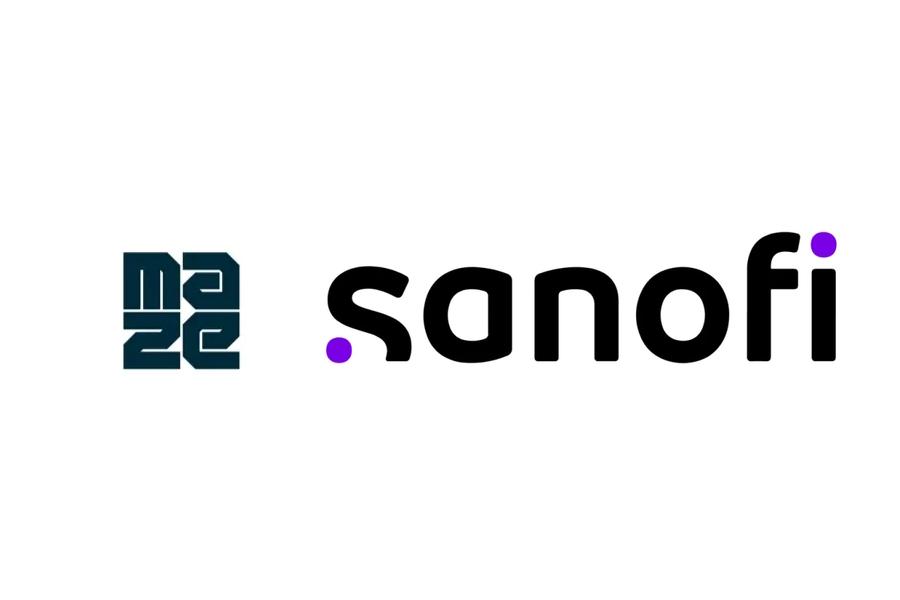Sanofi finds new Pompe disease therapy in Maze

Sanofi is already a big player in the Pompe disease market with injectable drugs like Nexviazyme and Myozyme/Lumizyme, but has now set its sights on an oral drug candidate from Maze Therapeutics.
The French pharma group has agreed to pay the Californian biotech $150 million upfront in cash and an equity investment for rights to MZE001, a glycogen synthase 1 (GYS1) inhibitor that has cleared its first phase 1 trial, as well as backup compounds.
There’s another $600 million in potential payments for Maze linked to meeting various development, regulatory and commercial objectives, as well as royalties on sales if it reaches the market.
Through its Genzyme unit, Sanofi is one of the leading providers of drug therapies for Pompe disease, a glycogen storage disorder caused by a deficiency in the enzyme acid alfa glucosidase (GAA) and results in progressive weakness in the heart and skeletal muscles.
It made around $1.3 billion in sales of Myozyme (alglucosidase alfa) and Nexviazyme (avalglucosidase alfa) – which are both enzyme replacement therapies (ERTs) – in 2022.
MZE001 works in a different way, inhibiting the formation of glycogen, which has to be broken down in the body by GAA to prevent toxic effects. Maze maintains that approach can result in a more complete blockade of glycogen accumulation than ERT, which should translate to increased efficacy. That will be tested in a phase 2 trial due to start later this year.
The biotech has previously said it sees potential for MZE001 as both a monotherapy for patients with Pompe disease and as combination therapy with ERT, which could mean it can avoid cannibalising sales of Sanofi’s current product portfolio.
Adding MZE001 could also help Sanofi defend its franchise from emerging competition from the likes of Amicus Therapeutics. Amicus is developing a combination therapy based on ERT cipaglucosidase alfa – recently approved as Pombiliti in the EU for late-onset Pompe disease – alongside oral enzyme stabiliser drug Opfolda (miglustat), which was recommended for approval there last week.
All the drug-based therapies for Pompe’s meanwhile face the uncertainty of potential one-shot gene therapies for the disease, with candidates from Astellas, Roche and Bayer in phase 1/2 clinical testing.
“People with Pompe disease continue to need additional treatment options for this life-threatening condition,” said Jason Coloma, Maze’s chief executive.
“Sanofi is a leading global healthcare company with deep experience working with this community and the ideal partner to continue the advancement of MZE001,” he added.












